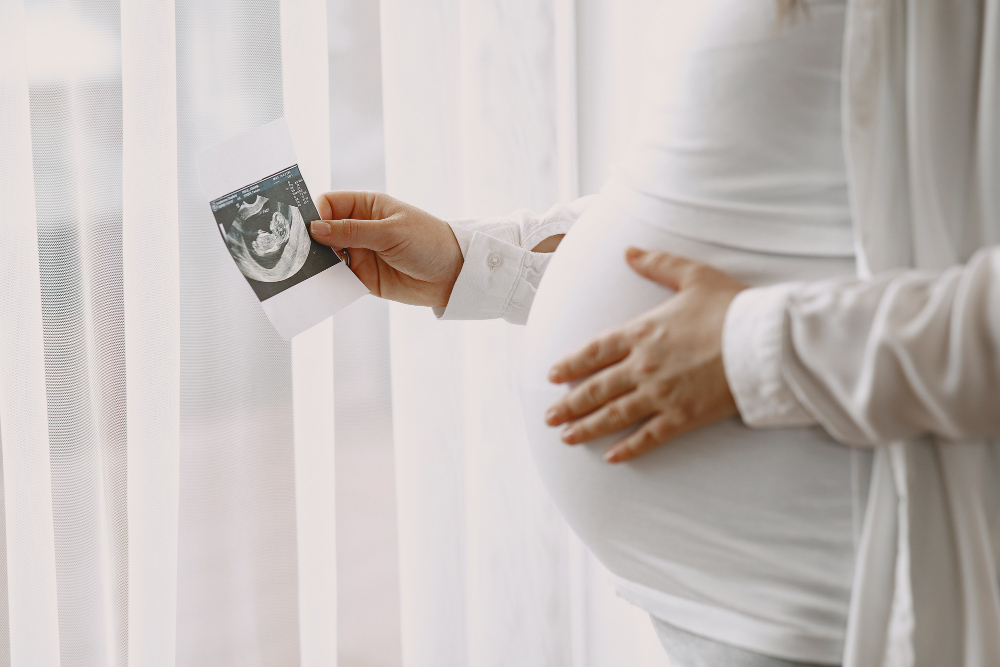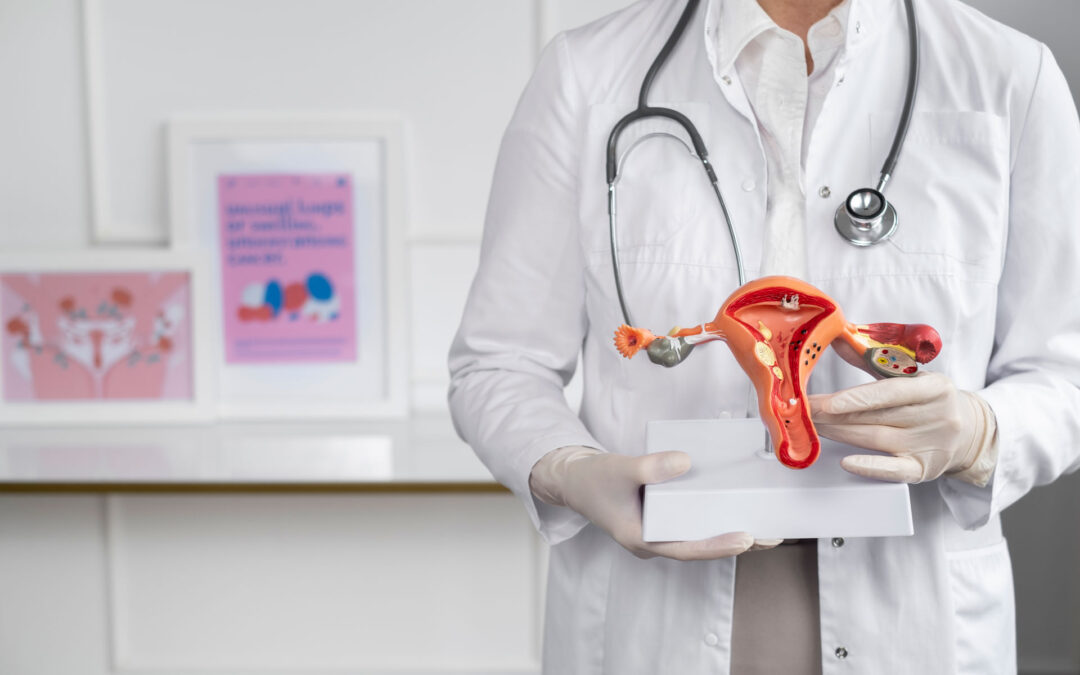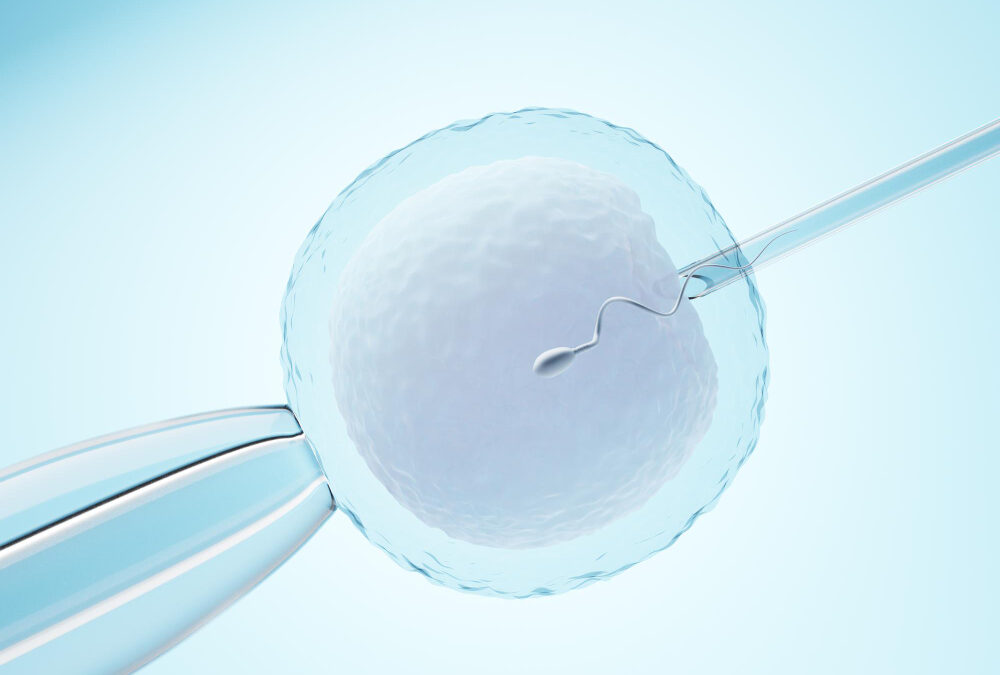BLOG
What Tests Are Performed to Evaluate Fertility?
When a couple has been trying to conceive without success, it’s common for questions, concerns, and even uncertainty to arise. Understanding the causes behind infertility isn’t always immediate, but there is a clear and reliable medical path: a comprehensive fertility evaluation.
This process helps identify the factors that may be interfering with conception and allows for the development of a personalized plan that brings each patient closer to their goal: building a family.

When to Begin a Fertility Evaluation
Leading medical societies in both the United States and Europe recommend starting fertility testing after 12 months of unprotected intercourse without achieving pregnancy—or after 6 months if the woman is 35 or older.
It’s also advisable to begin earlier if any of the following are present:
-
Irregular menstrual cycles
-
Gynecological surgeries
-
Endometriosis
-
Autoimmune diseases
-
Previously diagnosed hormonal issues
What Is the First Appointment Like at Baja Fertility Services?
At Baja Fertility Services, the evaluation begins right from the first consultation with:
-
A detailed medical history
-
Physical examination
-
Transvaginal pelvic ultrasound
This first step helps detect visible anatomical issues, estimate ovarian reserve through antral follicle count, and assess the condition of the uterine cavity.
Initial Hormonal Testing
In the first days of the menstrual cycle, key hormonal tests are ordered:
-
Anti-Müllerian Hormone (AMH): Estimates ovarian reserve
-
FSH, LH, and Estradiol: Assess ovarian function during the follicular phase
-
Prolactin and TSH: Identify hormonal imbalances that may affect ovulation
Assessment of the Fallopian Tubes and Uterus
To evaluate the female reproductive anatomy, additional tests may include:
-
Hysterosalpingography (HSG): An X-ray using contrast dye to examine the tubes and shape of the uterus
-
Sonohysterography: A saline-infused ultrasound used to detect polyps, fibroids, or uterine adhesions
CONTACT
Do you have questions about your fertility?
Schedule your appointment with our specialists and find out if you’re a candidate for one of our treatments.

Male Fertility Evaluation
The initial test for men is a semen analysis (also called direct spermatobioscopy), which evaluates:
-
Volume
-
Sperm concentration
-
Motility
-
Morphology
If abnormalities are found, additional tests may be recommended, such as:
-
Sperm DNA fragmentation
-
Male hormonal studies
Additional Complementary Studies
In specific cases, additional evaluations may be required, such as:
-
Genetic testing
-
Chronic infection screening
-
Endometrial biopsies
-
Immunological exams
-
Karyotyping (especially in cases of recurrent pregnancy loss or family history)
Personalized Evaluation, Not Standardized Protocols
It’s important to note that these studies are not routinely applied to all patients. Each test is recommended based on individual clinical analysis. The goal is not to run more tests, but to run the right ones — with precision and scientific backing.
At Baja Fertility Services, we strongly believe in personalized medical care. We do not follow generic protocols; instead, we adapt each step of the process to the clinical profile of each patient or couple, aiming for:
-
Diagnostic efficiency
-
Clarity in results interpretation
-
Compassionate and professional support
Take the First Step Toward Motherhood
Understanding the root cause of the issue is the first step toward solving it. If you’ve been trying to conceive without success — or if you simply want to understand your reproductive health before planning a pregnancy — our team is here to support you in a professional, ethical, and compassionate environment.
REFERENCES
- American Society for Reproductive Medicine (ASRM). Evaluation and treatment of infertility: a committee opinion. Fertil Steril. 2021;116(6):1396–1406.
- European Society of Human Reproduction and Embryology (ESHRE). Female infertility guideline. 2023.
- Asociación Mexicana de Medicina de la Reproducción (AMMR). Guía para el estudio de la pareja infértil.
- American College of Obstetricians and Gynecologists (ACOG). Infertility Workup: Clinical Practice Bulletin No. 194. Obstet Gynecol. 2018;131(6):e237–e250.
CONTACT
BOOK YOUR APPOINTMENT
We are here to support you on your journey to parenthood. Booking an appointment with us is the first step toward receiving the care and support you need.
GET IN TOUCH
If you have any questions or need more information before scheduling your appointment, feel free to contact us. We are here to help.
LOCAL PHONE
664 635-8427
PHONE FROM THE U.S:
001 619 4003830
+52 664 166 9569
info@bajafertility.com
ADDRESS
Torre Norte 2: Fray Servando Teresa de Mier 1351, local 601, Zona Urbana Río Tijuana, Tijuana, B.C.
BLOG
Browse Our Articles

Options for same-sex couples who wish to start a family
There are safe and personalized treatments available for same-sex couples to build a family.

What is the ROPA method and how does it allow two women to share motherhood?
The ROPA method (Reception of Oocytes from the Partner) allows two women to biologically share motherhood.

What is hysteroscopy and when is it needed?
Hysteroscopy diagnoses and treats uterine conditions in a precise, outpatient procedure.

What is in vitro fertilization (IVF) and when is it recommended?
IVF makes it possible to achieve pregnancy even in complex cases of infertility or tubal ligation.

